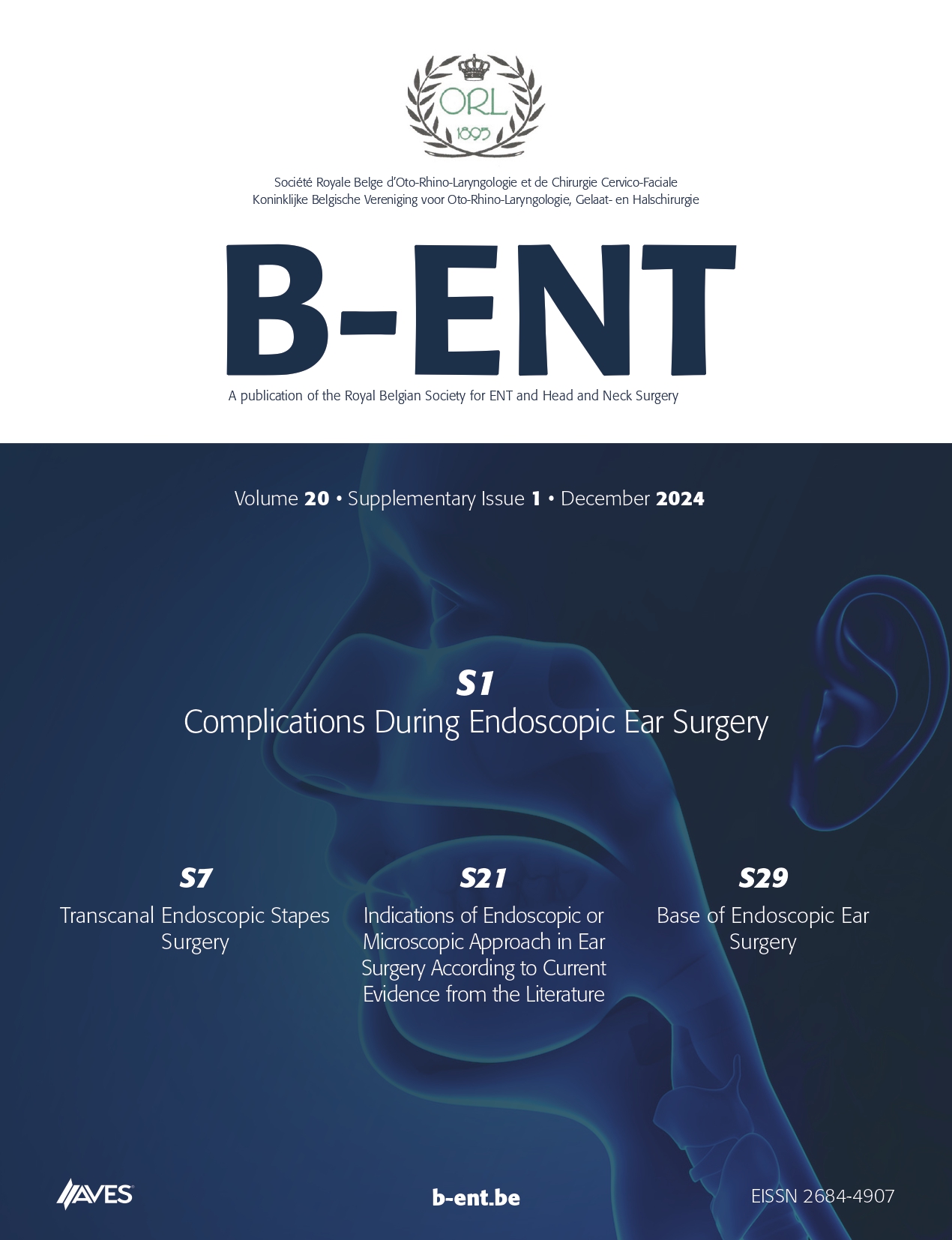Regulation of expression of galectin-7 in human nasal polyps by budesonide. Background: Nasal polyposis is a model for the study of inflammatory processes. We analyzed the expression of galectin-7, a growth regulator, in surface epithelium, glandular epithelium, and connective tissue in human nasal polyps, and examined the effect of the glucocorticoid budesonide on its expression in human nasal polyps ex vivo.
Methods: Using quantitative, computer-assisted microscopy and immunohistochemistry, we measured galectin-7 expression in nine nasal polyps obtained by surgical resection. Five polyps came from allergic patients and four came from non-allergic patients.
Results: Galectin-7 was expressed in all three polyp tissues analyzed. Treatment of polyps from allergic and non-allergic patients with 50 ng/ml budesonide increased the extent of galectin-7 expression in the connective tissue (p = 0.01). Conversely, budesonide at this concentration did not apparently affect galectin-7 expression in glandular epithelium; only a slight decrease in the percentage of the galectin-7-immunopositive cells was observed. In the surface epithelium of nasal polyps from non-allergic patients, the percentage of galectin-7- immunopositive cells was decreased (p = 0.03) by treatment with 250 ng/ml budesonide. In nasal polyps from allergic patients, this percentage was increased by treatment with 50 ng/ml budesonide (p = 0.0001).
Conclusions: These data are consistent with a role for galectin-7 in the regulation of cell growth through a pro-apoptotic effect. Galectin-7 expression coincides with the degree of epithelial stratification, and is subject to upregulation in the connective tissue in response to treatment with 50 ng/ml budesonide. Budesonide modulates galectin-7 expression differently in the surface epithelia of polyps from allergic and non-allergic patients.



.png)
